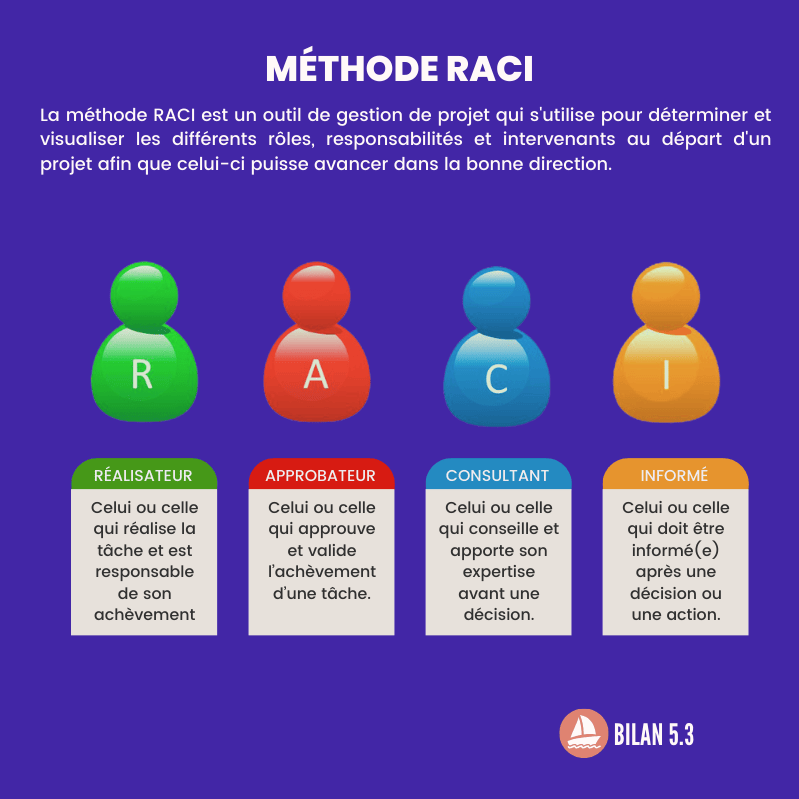Depression may accelerate cognitive decline, new research finds.

- The number of people with dementia is expected to almost triple by 2050, from 57 million in 2019 to 153 million.
- Treating depression more effectively could help combat this trend, a new study suggests.
- After analysis, the data revealed that the presence of depression at baseline significantly increased the risk of dementia by 74%.
A recent study published in the International Journal of Geriatric Psychiatry reveals a significant link between depression and an increased risk of dementia.
With depression, dementia occurs two years earlier
Of the 22,789 participants included in the research, 24.9% were identified as suffering from depression at the start of the experiment. These participants were generally older, more frequently female, less often married and had higher rates of chronic diseases.
During the 15-year follow-up period, 1,419 individuals developed dementia, corresponding to an incidence rate of 7.31%.
After analysis, the data revealed that having depression at baseline significantly increased the risk of dementia by 74%. This association was particularly strong among younger participants, with those under 60 being twice as likely to develop dementia if they had depression.
Additionally, the onset of dementia occurred about two years earlier in people with depression at the start of the trial.
Dementia and depression: the limits of the study
Despite the large sample size and long follow-up period, the study has some limitations. First, the assessment of depression was based on self-reported symptoms rather than clinical diagnoses, which could introduce bias. The study also did not distinguish between different types of dementia, leading to a lack of precision.
“Future research should focus on confirming these findings in other populations and on whether treating depression can reduce the risk of dementia,” said one of the study’s authors.
The research, titled “Association between depression and incident dementia: Longitudinal findings from the share study”, was written by Nicola Veronese, Lee Smith, Ai Koyanagi, Pinar Soysal, Christoph Mueller, Chiara Maria Errera, Giusy Vassallo, Laura Vernuccio, Giuseppina Catanese, Marco Solmi, Ligia J. Dominguez and Mario Barbagallo.

Due to the rapid ageing of the global population, the number of people with dementia is expected to almost triple by 2050, from 57 million in 2019 to 153 million.
“The term ‘dementia’ covers several diseases that affect memory, thinking and the ability to perform everyday tasks,” precise WHO.
















